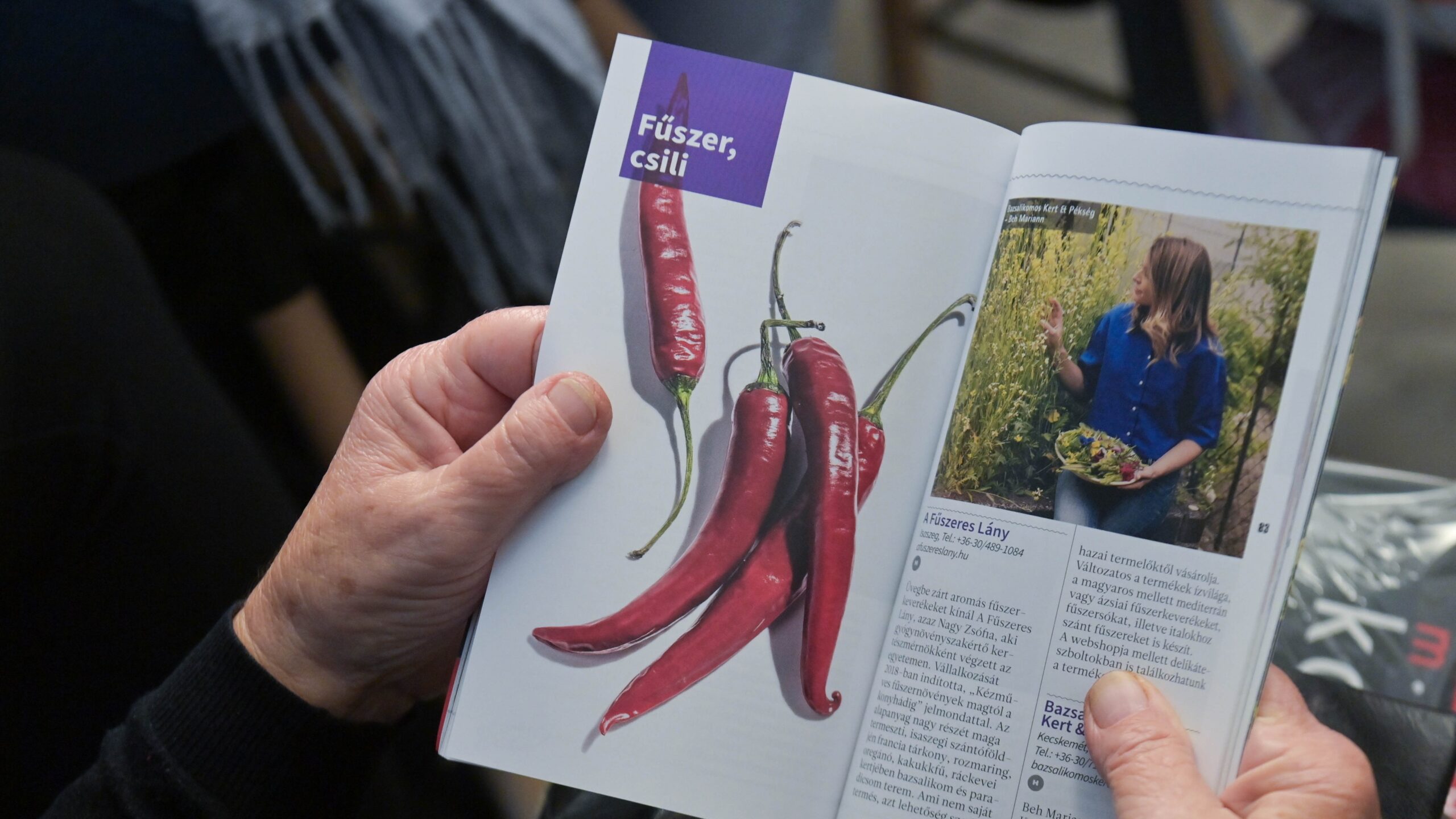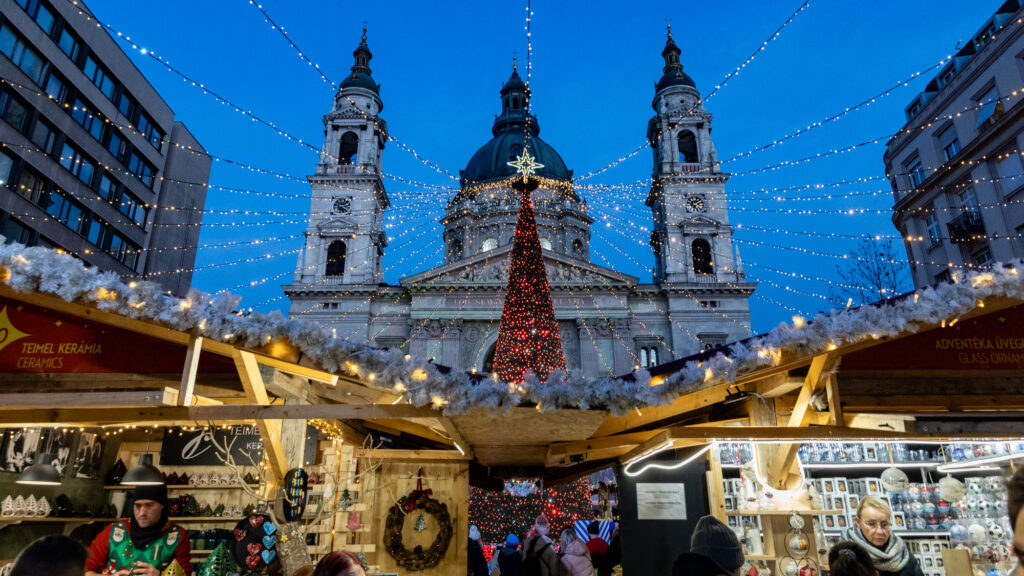The Magyar Konyha (Hungarian Cuisine) magazine’s October issue features its Top 150 Producers Guide, highlighting domestic small-scale producers and their high-quality products, including meats, grains, dairy, poultry, and even exotic delicacies, along with where to find them.
Anikó Lévai, chair of the magazine’s editorial board, remarked during Wednesday’s launch in Budapest that while ten to fifteen years ago many of Hungary’s top chefs lamented the need to source quality ingredients abroad, today, all essential ingredients are available in high quality within Hungary itself. The farm-to-table movement has also taken root in the country, Ms Lévai, the Hungarian prime minister’s spouse, noted. The guide focuses on small-scale producers, businesses, and communities that offer exceptional quality, with a preference for those practicing sustainable farming. Lévai, who is also goodwill ambassador of the Hungarian Interchurch Aid, also emphasized the importance of considering the community surrounding these businesses in the selection process. Despite these considerations, it was a challenging task to narrow the list down to just 150, reflecting the encouragingly high number of quality producers in Hungary, she added. Lévai also commented on FeteKert, the café that hosted the event, which is located on the upper level of the Fény Street Market. The café and its store offer premium products from local producers in connection with the government’s ‘Felzárkózó települések’ (Emerging Settlements) programme.
Miklós Vecsei, Prime Ministerial Commissioner responsible for social inclusion, shared that the programme supports Hungary’s 300 poorest communities. In recent years, approximately 100 hectares of farmland have been reclaimed, and products grown and produced in small villages are now being distributed to an increasing number of retail outlets, he said.
József Vinkó, editor-in-chief of Magyar Konyha, pointed out that while the development of the Hungarian hospitality sector has slowed over the past year or two, local producers of high-quality ingredients are ‘booming’. He attributed this to the rise of conscious consumers in Hungary who actively seek such ingredients, and the guide is intended to assist them. In addition to listing the best producers by food type, the guide also includes information on farmers’ markets in Budapest and the countryside, as well as community-supported agriculture (CSA) groups. Vinkó also noted that Magyar Konyha has featured over 320 Hungarian producers in recent years, with producers honoured by the magazine’s Producer Award marked separately in the guide’s contents.
Related articles:







